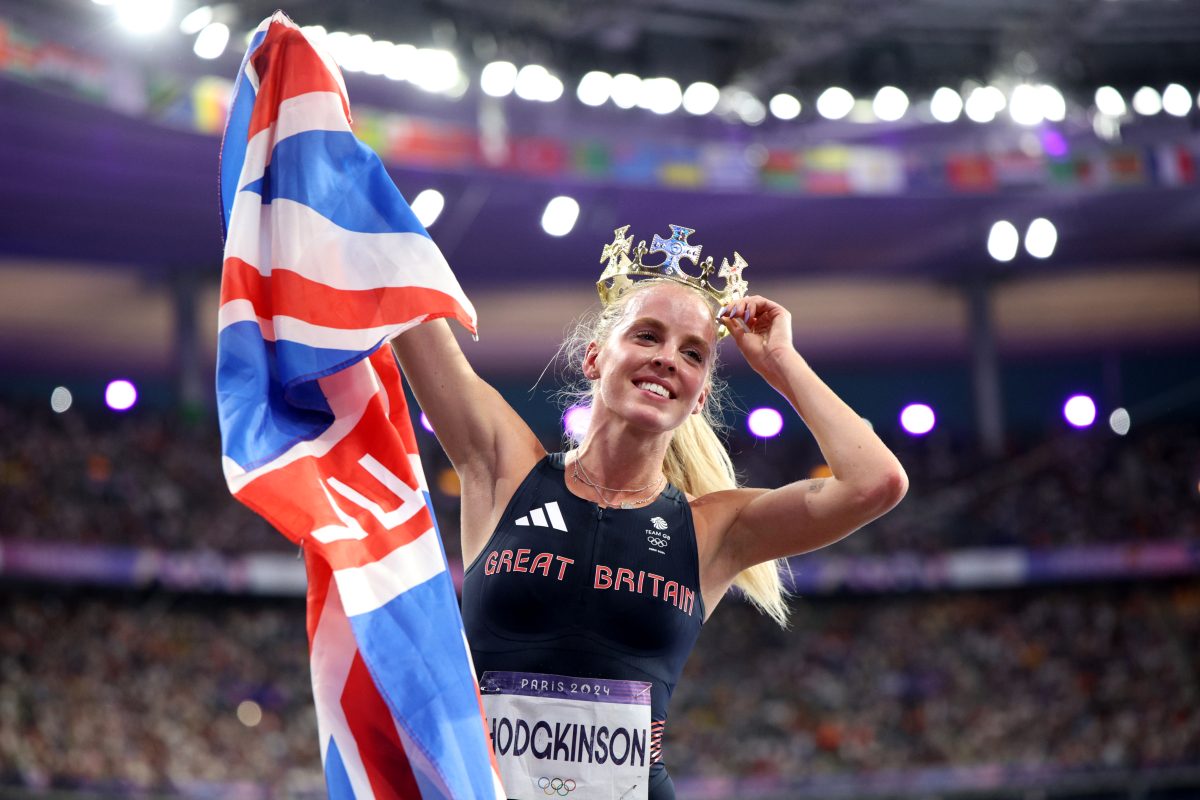More than half of Britons think Team GB athletes should be given more funding but are split over whether that injection should come from the taxpayer, new research out today shows.
Exclusive polling by Ipsos for City AM reveals backing for athletes such as Keely Hodgkinson to receive more than the average £22,500 payment, but more people oppose further taxpayer funding than support it.
DCMS is investing £330m into British and Paralympic sport for the cycle which will culminate in the LA 2028 Olympic Games. Athletics has seen its funding cut, though the likes of climbing and skateboarding have seen significant rises, relatively speaking.
Team GB athletes were paid too much?
Over half – 56 per cent – of the over 1,000 respondents to the poll thought Team GB athletes were paid too much or about the right amount, but that dropped to 41 per cent when the average athlete payment was revealed to them.
But just 28 per cent of people think the additional funding should come from taxpayers, while 36 per cent oppose the idea.
The number in favour rises to 38 per cent among Labour voters, to 33 per cent for Conservative voters and 31 per cent among the Liberal Democrat cohort.
But only 15 per cent of Reform UK supporters from the 2024 general election are pro further taxpayer cash going to British sports stars, while 53 per cent oppose it.
The Only(Fans) solution?
British canoeist Kurts Adams Rozentals is an example of an athlete who took earning extra cash into his own hands, starting an OnlyFans account to top up the £16,000 he received from Paddle UK. But he is currently suspended by the organisation due to his actions.
Professor of Applied Sport Finance, Rob Wilson, tells City AM that it’s encouraging to see Brits backing investment into Team GB, but appreciates that the challenge lies in who pays for the uptick and calls for reform.
“The fact that less than a third believe that support should come from the taxpayer highlights the tension we’ve seen across public funding models for sport,” he says.
“This opens up a crucial conversation about how we diversify funding. We must think creatively to wean sport off funded models – whether that’s through enhanced commercial partnerships, legacy driven private investment or a refreshed National Lottery model.
“If we want to remain globally competitive, the funding ecosystem has to evolve.”
